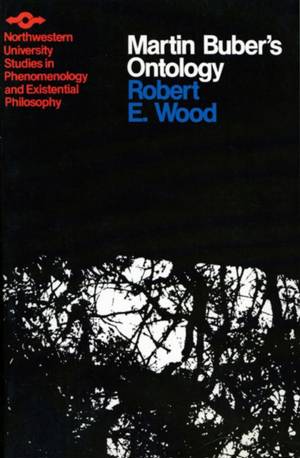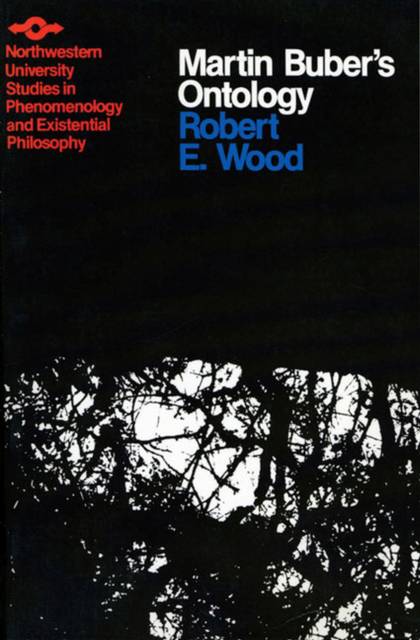
- Afhalen na 1 uur in een winkel met voorraad
- Gratis thuislevering in België vanaf € 30
- Ruim aanbod met 7 miljoen producten
- Afhalen na 1 uur in een winkel met voorraad
- Gratis thuislevering in België vanaf € 30
- Ruim aanbod met 7 miljoen producten
Zoeken
Omschrijving
At the turn of the century Martin Buber arrived on the philosophic scene. His path to maturity was one long struggle with the problem of unity--in particular with the problem of the unity of spirit and life--and he saw the problem itself to be rooted in the supposition of the primacy of the subject-object relation, with subjects "over here," objects "over there," and their relation a matter of subjects "taking in" objects or, alternatively, constituting them. But Buber moved into a position which undercuts the subject-object dichotomy and initiates a second "Copernican revolution" in philosophical thought.
Specificaties
Betrokkenen
- Auteur(s):
- Uitgeverij:
Inhoud
- Aantal bladzijden:
- 139
- Taal:
- Engels
- Reeks:
Eigenschappen
- Productcode (EAN):
- 9780810106505
- Verschijningsdatum:
- 1/12/1969
- Uitvoering:
- Paperback
- Formaat:
- Trade paperback (VS)
- Afmetingen:
- 155 mm x 229 mm
- Gewicht:
- 244 g

Alleen bij Standaard Boekhandel
+ 91 punten op je klantenkaart van Standaard Boekhandel
Beoordelingen
We publiceren alleen reviews die voldoen aan de voorwaarden voor reviews. Bekijk onze voorwaarden voor reviews.








